Neurosurgery Treatment in Germany
Germany has one of the best healthcare services worldwide, especially when it comes to neurosurgery treatment. Presently, Germany leads in using and having advanced technology with precision techniques to treat different kinds of nervous conditions.
Neurosurgery is very crucial because it treats disorders regarding the brain, spinal cord, and nerves that, if not appropriately treated, can become matters of life and death.
This puts German neurosurgical hospitals at a different level, performing new techniques, rather than very experienced surgeons and proper up to date equipment. This makes Germany’s hospital is best choice for patients all around the world. Whether it is a brain tumor, the breaking of your spine or some conditions like Parkinson's disease, Germany is the home of complete care and solutions.
What is neurosurgery?
Neurosurgery is the special medical area studying and operating on the nervous system. It is such medical treatment concentrated on the diagnosis of disease states affecting the nervous system and their surgical treatment. This includes complex operations on the brain, spinal cord, or nerves stretching throughout the body.
What does neurosurgery treat?
Some disorders that neurosurgeons can treat include brain tumors, herniated disks, and aneurysms. In addition, they can treat conditions like multiple sclerosis (MS), Parkinson's disease, nerve damage, spina bifida, and spinal stenosis often with advanced imaging tools like CT (computed tomography) and MRI (magnetic resonance imaging) scans.
Types of Neurosurgery
Neurosurgery is not just one procedure but a set of procedures based on the location and nature of the condition. These reach out to brain surgery, spine surgery, and nerve surgery.
Brain surgery deals with conditions like tumors in the brain, aneurysms, and epilepsy.
Spine surgery involves the treatment of herniated disks, scoliosis, and spinal tumors.
Nerve surgery deals with carpal tunnel syndrome or vagus nerve stimulation for chronic pain, among others.
Neurosurgery Diagnosis in Germany
Diagnosis of neurosurgery is fundamental in determining the appropriate treatment mechanism. Neurosurgeons in Germany are advanced in technology as regards the diagnosis of the conditions.
Early Diagnosis of Neurosurgery Conditions
Early diagnosis is extremely important in the effective treatment of neurosurgical disorders. For example, if their condition is diagnosed early, their treatment for a CSF leak or Chiari malformations can be significantly improved. A couple of the tools used to evaluate neurological conditions are MRI scans and magnetoencephalography (MEG).
Treatment Centers for Neurology in Germany
Good treatment facilities are provided by German hospitals. With the latest technology in place, which includes stereotactic spine radiosurgery, diskectomy, and laminectomy, these hospitals cater to their patients with surgical as well as nonsurgical solutions for such neurosurgical conditions.
Neurosurgery treatment at an advanced level
Germany is highly known for the provision of the most developed treatment procedures. For example, the back is repaired through surgery, where several methods include spinal fusion, vertebroplasty, and kyphoplasty to mend spinal fractures, among other spinal deformity conditions, including spondylolisthesis.
A new approach in surgery regarding cancer treatment, for example, endovascular surgery, reduces the time for recovery while increasing the accuracy during treatment.
Chemotherapy and Radiation Therapy
Chemotherapy and radiation are commonly adjuvant therapies in conditions such as brain tumors for surgical interventions. Those therapies seek to kill cancerous cells that may have been left behind when a tumor is surgically resected; this will improve patients' outcomes and decrease the likelihood of recurrence.
New Technique approach, therapy, and Targeted Therapy
The German hospitals advance in various innovative treatments, like immunotherapy and targeted therapy. These treatments allow a more personalized approach, with selective targeting of abnormal cells not causing damage to other healthy tissues.
In this area, most advanced therapies that can combat brain tumors or spinal tumors are very helpful for patients.
Rehabilitation after Treatment of Neurosurgery
Recovery approach: neurosurgery recovery takes long periods and involves rehabilitation procedures to regain strength and function. In Germany, neurosurgery hospitals are combined with rehabilitation centers to provide an easy system of recovery for patients.
Psychological Counseling
Psychological support proves very important in post surgical care, particularly after major operations such as those related to brain tumors or spinal injuries. Counseling also prevents emotional and mental side effects that are associated with these complicated procedures.
Cost of Neurosurgery Treatment in Germany
The neurosurgery treatment cost in Germany may vary with the process complexity and hospital or experience and expertise of the surgeon involved. While the cost is a bit more expensive, the value to the patient in terms of precision, use of state of the art technology, and high success rates for treatment in Germany is excellent.
Top Neurosurgery Treatment Hospitals in Germany
Germany houses some of the best hospitals in the world specializing in neurosurgery. Some of them are as follows:
University Hospital Heidelberg: The hospital treats neurosurgery cases in adults and children. Over 3,200 operations are conducted there.
Charité University Hospital Berlin: The hospital is the leader among all neurosurgical institutions, carrying out over 5,000 surgeries a year.
University Hospital Bonn: This hospital has already conducted over 2,700 surgeries a year and holds its strong position in spinal cord and brain surgeries.
Why neurosurgery in Germany?
Many patients from around the globe prefer Germany as a destination for neurosurgery because it consists of some of the finest surgeons who have the latest technology and successful treatment methods. Neurosurgery treatment in Germany is performed so accurately with minimal risk and early recovery through stereotactic spine radiosurgery, which is a minimally invasive procedure.
Considerable Advantages of Treating in Germany
Treatment in Germany has some advantages :
State of the art technology: German clinics have all the advanced diagnostic and surgical equipment, including EEG machines for neuro assessments and endoscopic surgery.
Qualified Surgeons: German neurosurgeons are highly trained so that their patients can be treated as the best in the world.
After care treatment: German clinics have a treatment procedure followed by providing rehabilitation to patients post surgery so that they would not experience permanent damage after undergoing surgeries such as spinal fusion and diskectomy.
A medical professional with expertise in neurosurgery. In addition to performing brain surgeries, neurosurgeons are medically qualified neurosurgery specialists who can treat patients with a variety of other conditions, such as trigeminal neuralgia, head trauma, Parkinson's disease, and back and neck discomfort.
The Department of Neurosurgery treats a wide range of conditions affecting the brain, spine, and peripheral nerves, including brain tumors, spinal cord injuries, aneurysms, epilepsy, hydrocephalus, and degenerative spine diseases.
Neurosurgeons perform surgeries such as brain tumor resections, spinal fusions, aneurysm repairs, deep brain stimulation for Parkinson’s disease, laminectomies, and microsurgery for nerve injuries.
Non-surgical treatments include medications for pain management and neurological symptoms, physical therapy for rehabilitation, and minimally invasive procedures like stereotactic radiosurgery for certain brain tumors.
During your first consultation, expect a thorough review of your medical history, a neurological examination, potential diagnostic imaging (like MRI or CT scans), and a detailed discussion of surgical and non-surgical treatment options.
Recovery varies depending on the type and complexity of the surgery, ranging from several weeks to months. Rehabilitation, including physical therapy, is often necessary to aid in recovery and restore function.
Various advanced treatments for brain tumors, spinal cord issues, and nerve disorders can also be sought after through both surgical and non-surgical procedures in Germany.
Its cost depends on the procedure complexity and hospital, and due to high-tech equipment and specialized staff, it is not cheap
Among the best hospitals in Germany are the University Hospital Heidelberg, the Charité University Hospital Berlin, and Bonn University Hospital, which are distinguished by their neurosurgical skills.
Germany is the best because it has the latest medical technology and professional neurosurgeons and a high success rate for the most complicated neurosurgery.
In German hospitals, advanced tools such as a CT scan, an MRI scan, and electroencephalograms are used for diagnosis and appropriate treatment.
Experience the difference that expertise and compassion can make. Meet our exceptional team of experienced doctors, and trust us to provide you with the best in healthcare.
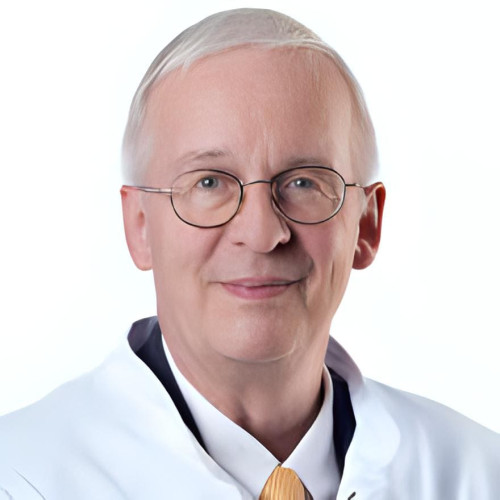
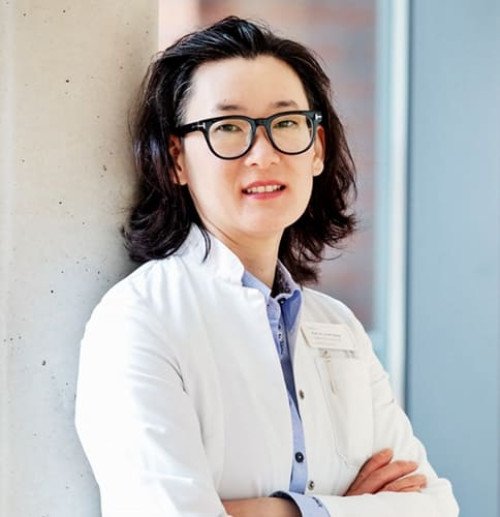
Neurosurgery
Chief Physician, Department of Neurosurgery & Center for Spinal Therapy
Berlin

Neurosurgery
Director of the Department of Neurosurgery / Pediatric Neurosurgery.
Berlin
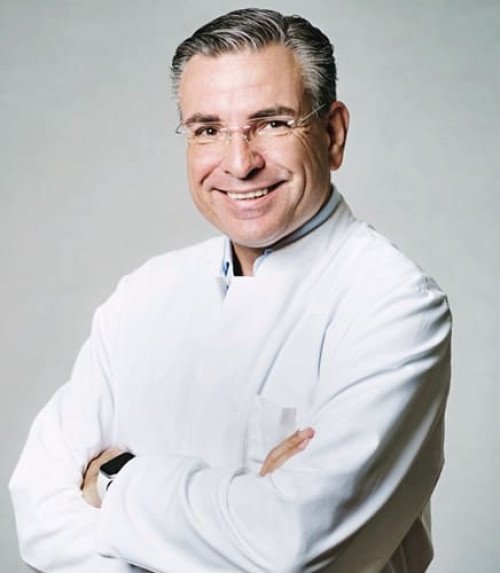
Neurosurgery
Managing Director – Neurosurgery – Functional Neurosurgery
Bonn
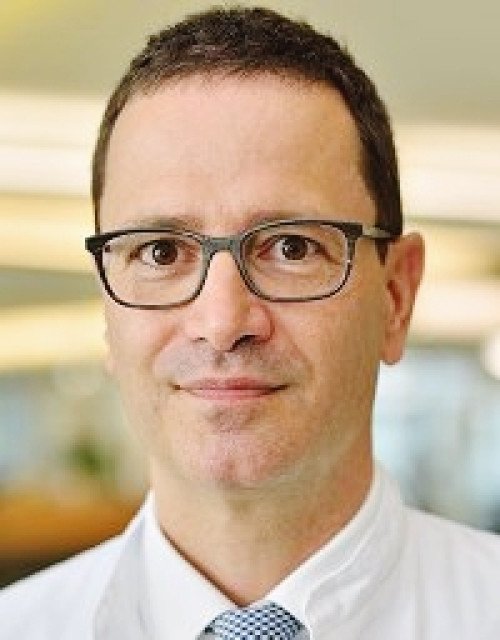
Neurosurgery
Medical Director of the Department of Neurosurgery at the Neuro Center
Freiburg
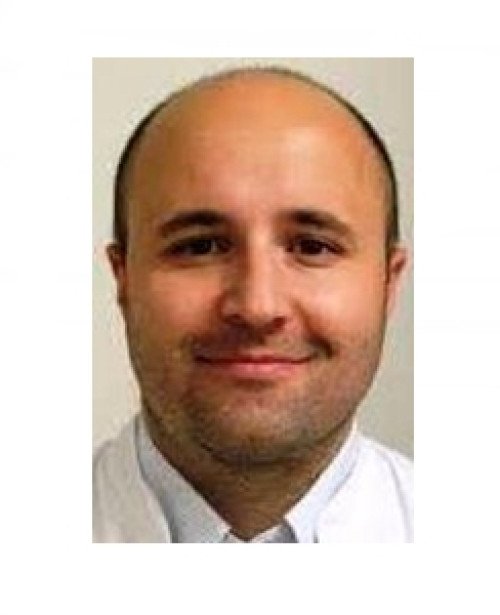
Neurosurgery
Specialist for Neurosurgery Department
Frankfurt am Main
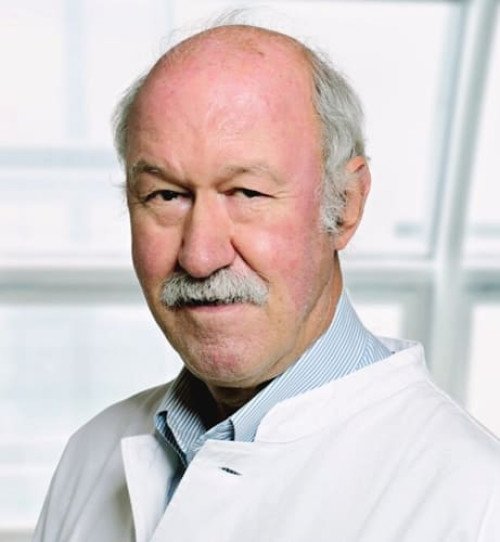
Neurosurgery
Director of the Department & Specialist in Neurosurgery
Hamburg

Neurosurgery
Clinic Director / Specialist for Neurosurgery
Munich / München
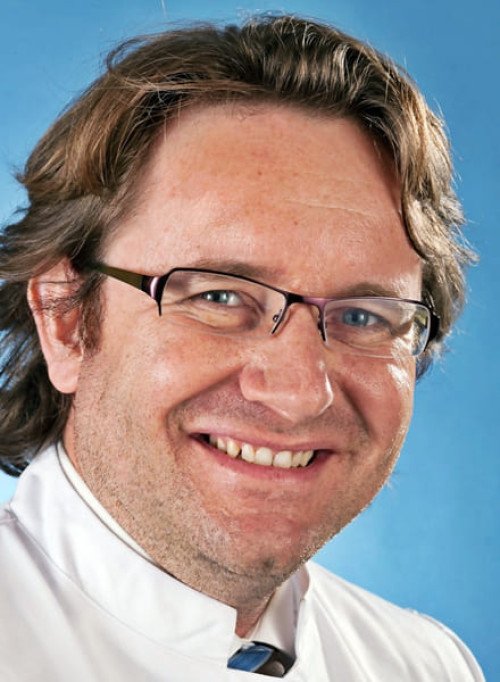
Neurosurgery
Medical Director / Specialist in Neurosurgery
Homburg Saarland
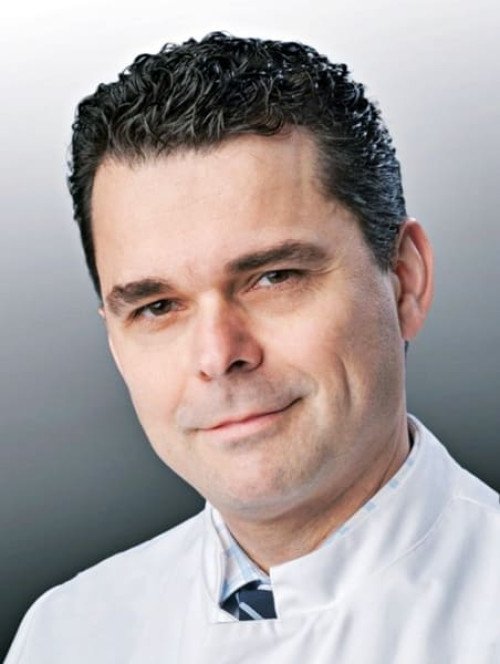
Neurosurgery
Specialist in Neurosurgery and Intensive Care Medicine.
Essen

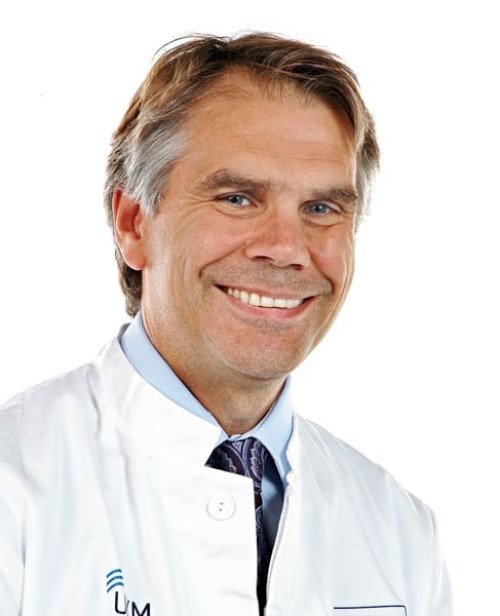
Neurosurgery
Clinic Director / Specialist for Neurosurgery
Muenster / Münster
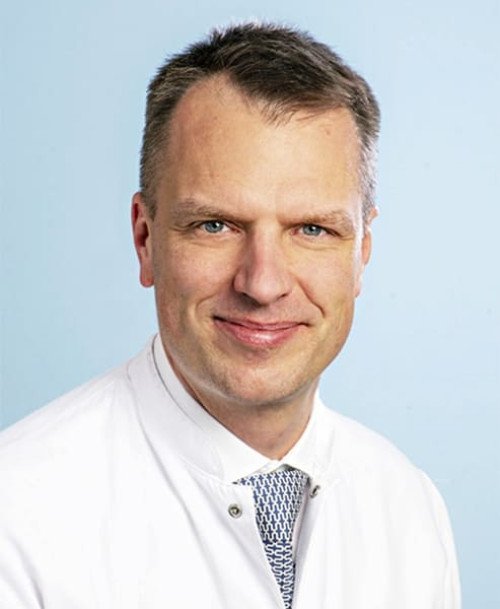
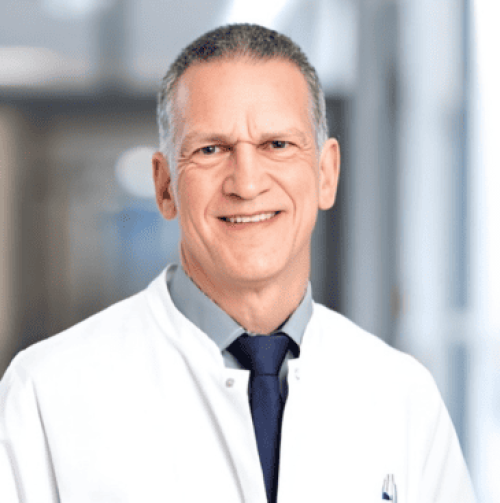
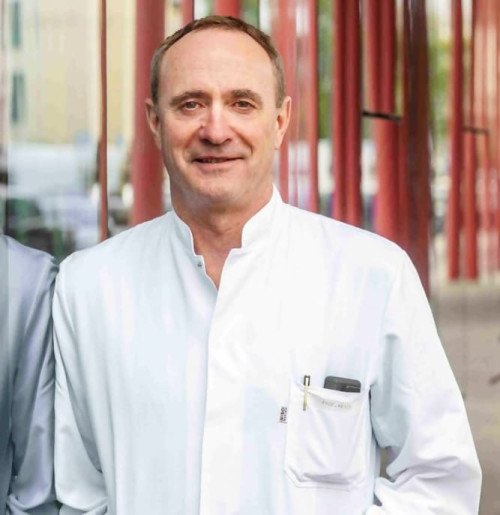

.webp)
 (1).webp)

.webp)
 (1).webp)


.webp)
 (1).webp)

.webp)
 (1).webp)
